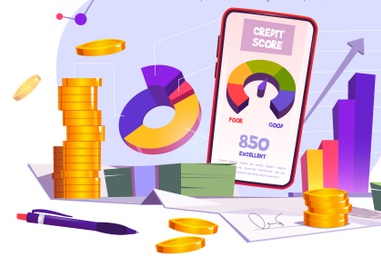Traditional financial institutions have worked tirelessly to develop their own unique methodologies for assessing the creditworthiness of clients, typically relying on data collected from private credit bureaus. While the ultimate goal of such methodologies is to minimize risks by only lending to those deemed “reliable”, most of the algorithms currently in use miss many important factors and are, by and large, biased towards specific categories of consumers. But with the growing variety and volume of consumer data in the modern world, FinTechs are exploring ways to improve on these methodologies and increase financial inclusion. Moreover, these solutions are proving themselves in the market, with FinTechs engaged in these activities more than doubling their shares in lending markets around the world.
As success often does, this is causing other market players (i.e. those with more traditional methodologies) to follow suit. For example, Russia’s Absolut Bank recently announced their piloting of psycho scoring to assess consumers applying for car loans. This online test analyzes a consumer’s set of personal competencies, their psychology related to consumer debt and their overall nature in terms of creditworthiness. Alfa-Bank is also planning a similar emotional scoring solution. At the same time, not everyone is on board. For instance, Raiffeisenbank and PSB have both studied these and similar possibilities for scoring but refuse to implement them, not wanting to overcomplicate the lending process for consumers. As lending markets continue to evolve, it is likely that consumers are about to be courted and analyzed in ways never imaged before.
 BFC Bulletins Monthly News Digest
BFC Bulletins Monthly News Digest




